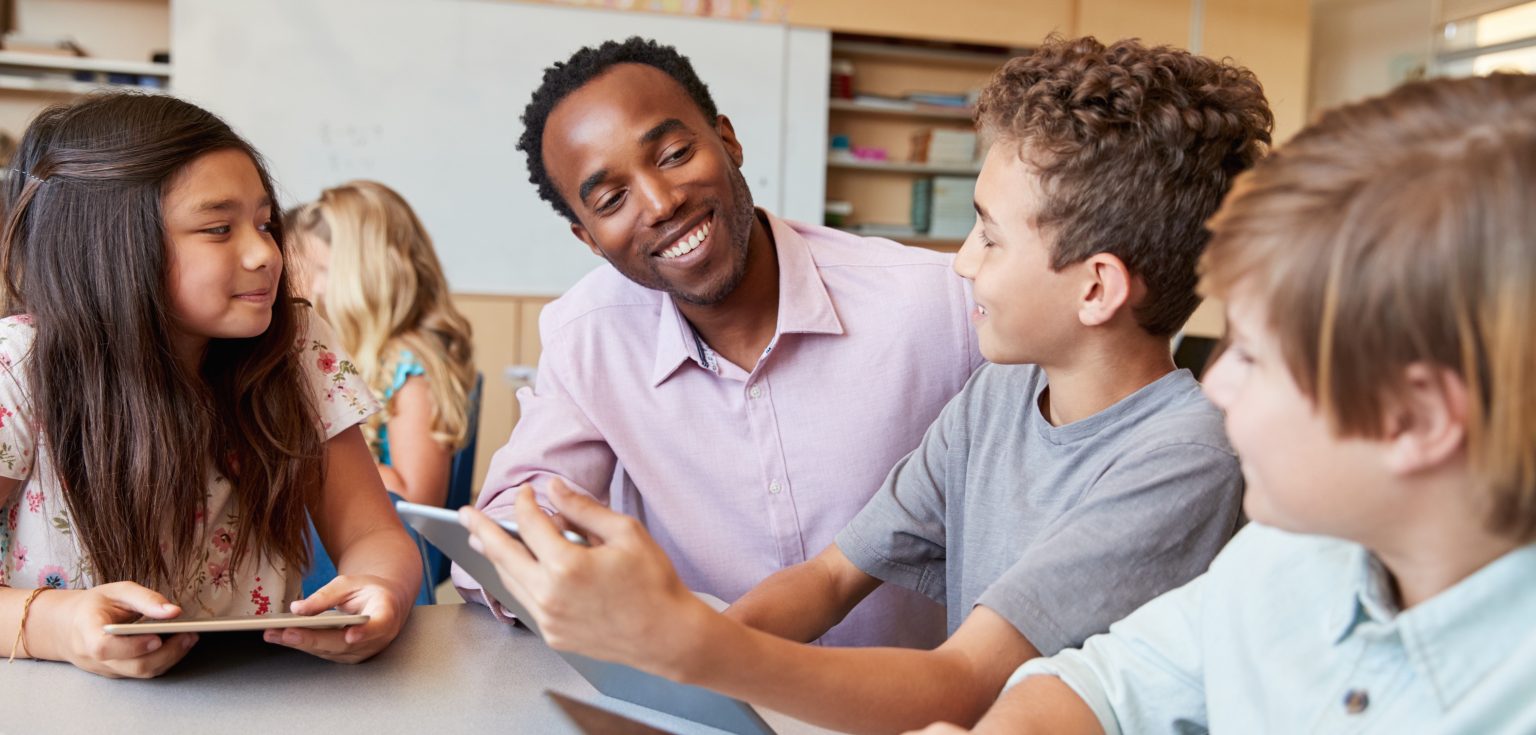Fordham’s Graduate School of Education is spearheading a new state-funded initiative—the New York City Regional Community Schools Technical Assistance Center, which aids NYC’s 247 community schools. The program is run through GSE’s Center for Educational Partnerships.
Last summer, the New York State Department of Education awarded Fordham GSE a contract to establish a center that will work with existing community schools, K-12, to improve their services and help other New York City public schools transition to community schools. Last November, it officially opened and hit the ground running.
“We are providing webinars and citywide and borough-wide workshops to build the capacity of the existing schools and work with other public schools that are considering the Community Schools strategy,” said Anita Vazquez Batisti, Ph.D., GSE associate dean and director of the Center for Educational Partnerships.
Fordham was awarded a five-year, $1.6 million state contract to establish the Technical Assistance Center for the New York City region, home to more than a million students. New York City is one of three regions, and Fordham will work collaboratively with the other two centers in New York State.
What distinguishes community schools from other public schools is that they heavily collaborate with their surrounding community in specified ways. They partner with community organizations and secure resources for after-school programs, school-based health clinics that can provide free vision screening, and adult education programs for parents, Batisti said.
“There are some schools, in certain areas, where parents have better access, where parents pay for tutoring, Suzuki violin, or karate lessons. But not all parents can do this,” Batisti explained. “The community schools give access. It’s special funding—and the services are free [to students’ families].”
It takes time for a traditional school to transform into a community school, said Michael Pizzingrillo, director of the new Technical Assistance Center at Fordham. One of the first things that a potential school completes is an asset/needs assessment—an inventory of what they have and what they’ll need on an annual basis.
“Sometimes schools can be challenged in finding help,” he said. “They may need guidance from those who have an understanding of the grand scheme of what resources the five boroughs can provide.”
The University is already partnered with two community schools in the Bronx: MS 331 and PS 85. Some of the issues that community schools face are evident at these schools, where challenges range from high absenteeism to a paucity of parent engagement.
“Fordham can definitely help,” said Bruce Wallach, Fordham’s Community School director at MS 331. “Training parents, helping individuals who want to work, but for various reasons aren’t able to.”
For the next five years, Fordham’s Graduate School of Education will remain at the forefront of assistance for New York City’s community schools through this state-contracted center, he said.
“The community school is at the heart of Fordham’s mission because it recognizes the importance of addressing the whole person,” Pizzingrillo said. “Fordham [now]has this Technical Assistance Center, and can deliver for thousands of New York City public school kids.”

